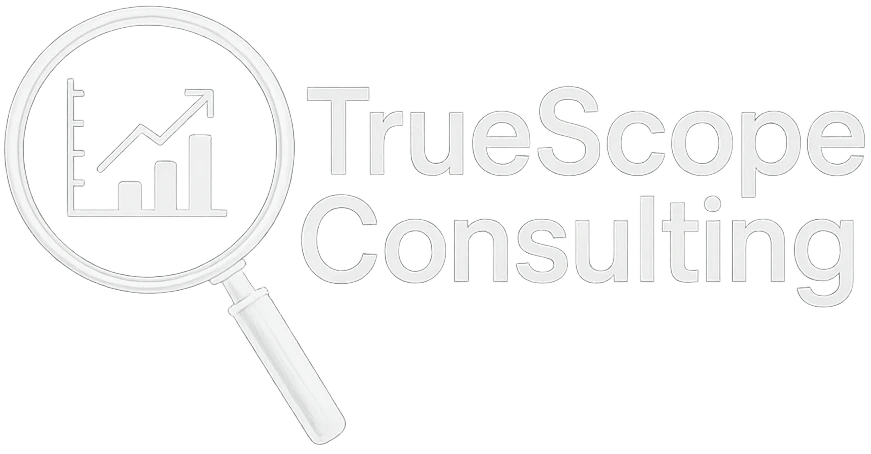Financial Fraud Trends 2025: What Investigators Must Track
Introduction
Financial fraud is evolving at record speed. New technology, tougher regulations, and shifting work habits all influence how schemes are planned—and how they are caught. The five trends below show where fraud investigations are headed in 2025 and what corporate security teams, accountants, and law‑enforcement units can do to stay a step ahead.
1. AI‑Powered Detection (and Deception)
Artificial intelligence now sits at the center of both fraud defense and fraud offense:
- Detection tools. Machine‑learning models scan millions of transactions, flagging anomalies in real time.
- Deepfake threats. Criminals use generative AI to create convincing fake IDs, voices, and video. Reported deepfake attempts jumped 3,000 % in the last year.
Action point: Pair advanced analytics with strong, human review. Train staff to spot AI‑generated content before it reaches payment approval.
2. Cryptocurrency & Digital‑Asset Abuse
Bitcoin, stablecoins, and NFTs continue to appear in money‑laundering and investment‑fraud cases. Offenders rely on:
- Mixers and privacy wallets to blur transaction trails.
- DeFi platforms that lack robust KYC controls.
Because every transfer still lands on a public ledger, blockchain forensics has become indispensable. More firms now partner with tracing specialists like TrueScope Consulting’s crypto‑fraud team to follow the money.

3. Cross‑Border, Multi‑Jurisdictional Schemes
Global payment rails allow funds to jump through several countries in minutes. Consequently, investigators must:
- Secure data via mutual legal‑assistance treaties.
- Understand privacy and banking rules in each region.
- Coordinate time‑zones, languages, and evidence standards.
Tip: Build an international contact list before you need it. Local forensic accountants can speed up record collection overseas.
4. Rising Regulatory Pressure
Supervisors are shifting from guidance to enforcement. Key changes include:
- Expanded AML rules that cover crypto transactions and beneficial‑ownership registries.
- SEC and FINRA mandates for richer, faster trade reporting.
Companies that wait for an inquiry risk fines and reputational damage. Continuous monitoring and periodic self‑audits keep you ahead of the curve.
5. Remote‑Work Gaps in Internal Controls
Hybrid teams deliver flexibility, yet they also weaken traditional oversight:
- Expense fraud and fake‑vendor schemes grow when managers approve invoices remotely.
- Insider threats rise because face‑to‑face cues disappear.
Modern counter‑measures include secure VPNs, anomaly alerts for large transfers, and mandatory vacation policies that rotate duties.
Conclusion
Fraud risks are becoming more sophisticated—but so are the investigative tools. By harnessing AI responsibly, mastering blockchain analytics, collaborating across borders, and tightening internal controls, organizations can protect assets and reputations.
Need expert support? Contact TrueScope Consulting to deploy cutting‑edge forensic techniques against AI‑era and crypto‑based fraud.









